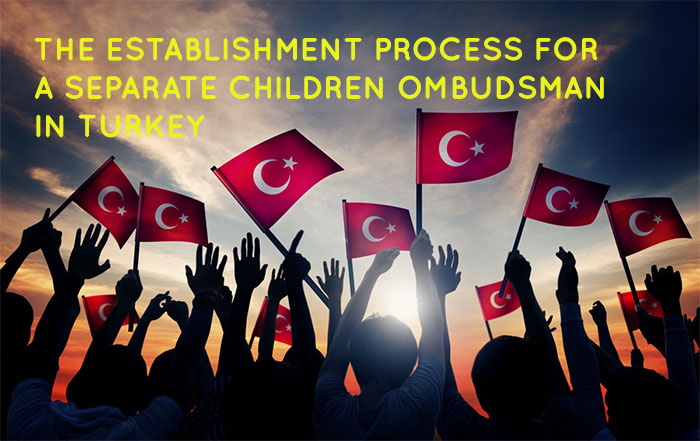A Review of the Situation in America Latina and Caribbean
DESCRIPTION
Age is the primary element defining the end of childhood. In its very first article, the
Convention on the Rights of the Child (CRC) defines a child as “every human being below
the age of 18 years unless, under the law applicable to the child, majority is attained
earlier”. This provision therefore also recognizes that in some circumstances a child can
attain majority before reaching the age of 18.
The present study aims to support the capacity
of UNICEF and its partners to advocate for legal
minimum ages that guarantee adolescents’ rights, in particular their protection against all forms of violence and their development to their full potential. The analysis concentrates on legislative provisions concerning minimum ages and how they play out in the broader context.
The study provides an analytical overview of
selected minimum ages contained in domestic
legislation across the region in various areas.
It focuses on six minimum ages of specific
relevance to adolescent development. They
comprise: the minimum age for marriage, the
minimum age for sexual consent, the minimum
age for medical consent, the minimum age for
admission to employment, the legal age of end of
compulsory education, and the minimum age of
criminal responsibility.
customer
UNICEF
DATE
January 2015







